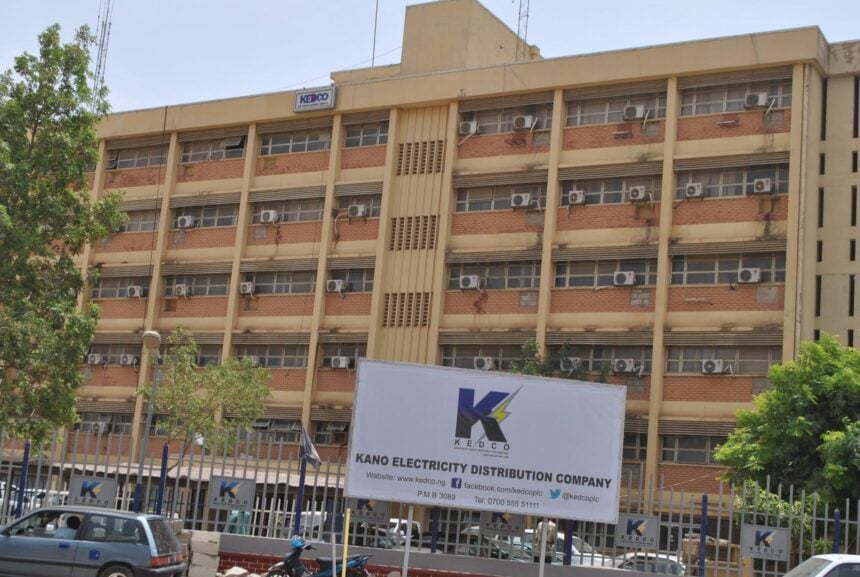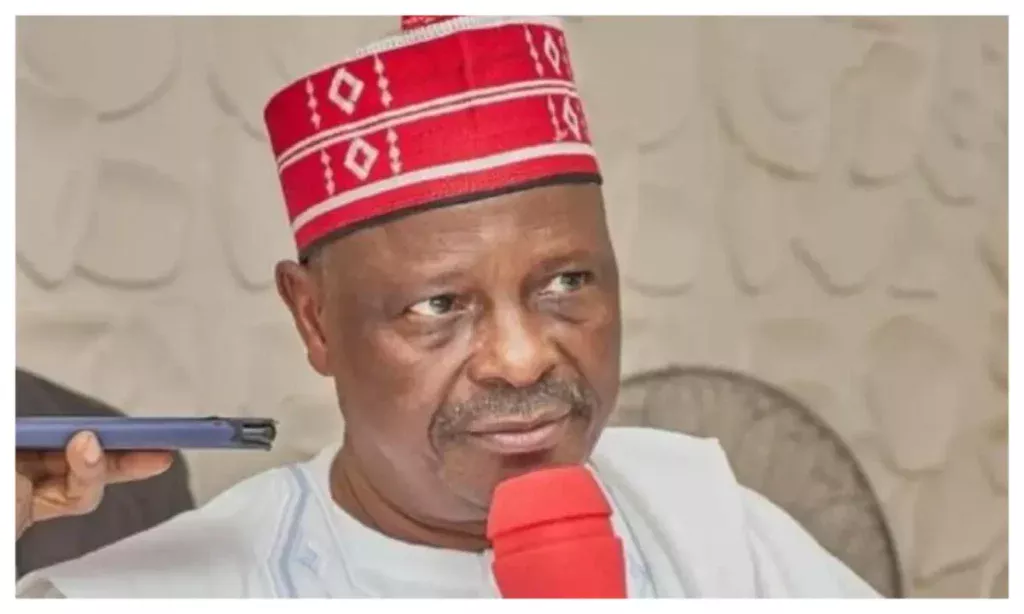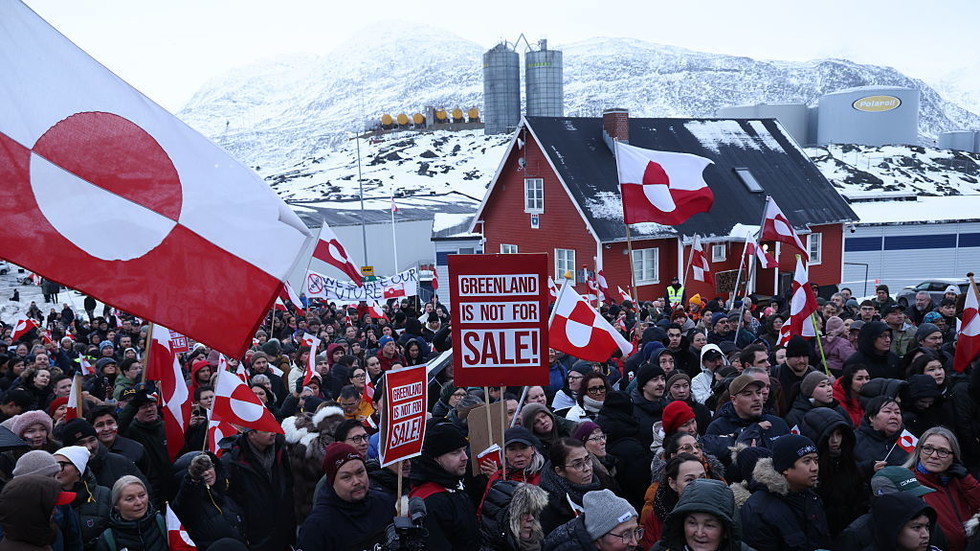Zimbabwean war veteran Blessed Geza has announced plans to lead nationwide protests against President Emmerson Mnangagwa, citing corruption and “state capture” as the primary grievances. The demonstrations, scheduled for October 17, 2025, coincide with the Zanu PF National People’s Conference in Mutare. Geza accuses Mnangagwa and several prominent businessmen, including Kudakwashe Tagwirei, Wicknell Chivhayo, and Scott Sakupwanya, of being at the center of deep-seated corruption within the government and Zanu PF structures.
The planned protests mark the third time this year that Geza has called for mass demonstrations, with the latest action aimed at expressing public outrage over alleged corruption and “state capture.” Geza’s statement comes amid escalating tensions within the ruling party, following a recent clash between Mnangagwa and Vice President Constantino Chiwenga over a corruption dossier. The dossier, which was tabled before the Zanu PF Politburo, implicated several well-connected businessmen but was subsequently dismissed by the party.
Geza’s remarks echo allegations contained in Chiwenga’s corruption dossier, which highlighted the involvement of Mnangagwa and the aforementioned businessmen in corrupt activities. The war veteran has vowed to disrupt the Zanu PF conference, stating that the suffering of the people is a direct consequence of the billions systematically stolen by those under Mnangagwa’s protection. He argues that the right to defend one’s destiny against a government infested with grand corruption is a fundamental and inherent right of a betrayed people.
The Zimbabwe Republic Police (ZRP) has warned citizens against participating in any unsanctioned demonstrations, casting uncertainty over whether the public will heed Geza’s call. The planned October 17 Million Man March is expected to be a significant test of the government’s response to public dissent, as well as the level of support for Geza’s cause. As the situation unfolds, observers will be watching closely to see how the government and the public respond to the planned protests. The outcome may have significant implications for the future of Zimbabwe’s political landscape.



